
When it comes to sexual harassment in the workplace, physicians must adhere to higher standard.

When it comes to sexual harassment in the workplace, physicians must adhere to higher standard.

Unlike the Anti-kickback Statute (AKS), when Stark Law applies, the only safe way to make a referral is to fit squarely within an exception.

A recent case shows physicians that while commercial payers don't have badges and guns, they can hit your wallet hard.

Watch out for aggressive language in hospital employment agreements requiring physicians to recoup all payments to insurance companies.

Legal advice on how to ensure you don't get in trouble for negligent conduct in taking care of a patient with a drug-seeking problem.

How does the recent telemedicine ruling in Texas correlate to mail-order pharmacies? Martin Merritt explains in this blog.

If physicians didn't have enough to worry about with fraud, they should be wary of bankruptcy trustees seeking "claw backs."
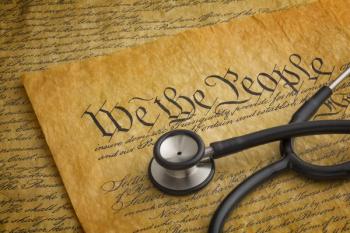
The AHCA would have likely brought back "post-claims underwriting," which would have been bad news for physicians.

As Otto Von Bismarck once said, "If you like laws and sausages, you should never watch either one being made." That's true for new Safe Harbor regulations.

More than 20 healthcare professionals from a hospital in Texas are being charged with a kickback conspiracy involving over $500 million in insurance claims.

A former FBI agent talks about the sure tell signs that a patient may be lying to you.

Stricter government standards for the FCA suggest that physicians who do not meet all measures of compliance could be required to refund claims payment.

CMS has altered rules around payments to hospital based outpatient departments (HOPDs), which could have an effect on a practice's value to hospitals.
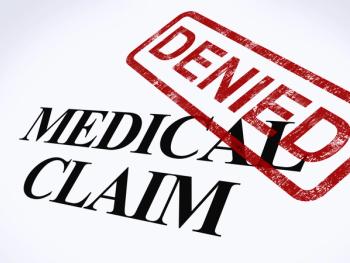
Government and commercial insurers have different policies practices must know about waiving copayments. What do practices have to know?

The personal services safe harbor law exists to protect physicians from prosecution when they receive payments for legitimate services.

What do physicians have to know about non-compete clauses in their contracts? Here's some information on the common contract device.
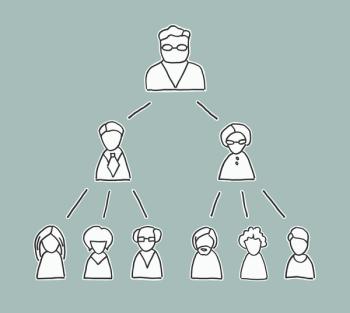
More administrators are threatening to kick providers out of a preferred provider network. Here's tips on how to avoid this fate.

Insurance plans are using the audit process to recoup payments for services which were preauthorized, based on charting. What should practices know?

On Friday the 13th, a ruling against the FTC was a stroke of good luck for the rest of the healthcare industry, which is already overregulated.

A recent case alleges one lab paid physicians improper fees to use their services. Make sure the same isn't happening at your practice.

Doctors have a lot of valuable personal and professional data on their laptops and other devices. Here are five simple ways to keep that data secure.
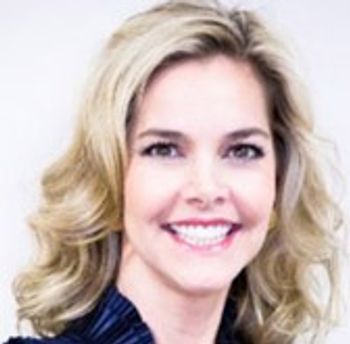
You may want to help patients experiencing financial difficulties and you can, but be sure to do it the right way to avoid a payer audit and penalty.
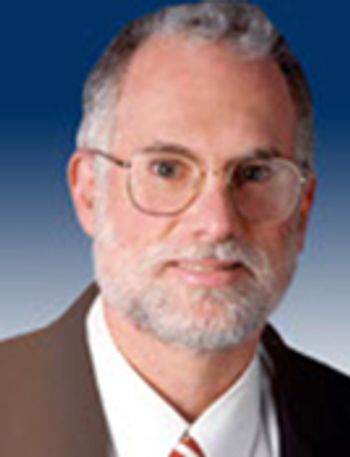
A recent U.S. Tax Court ruling should provide food for thought for physicians accepting guaranteed bonus payments from their hospital employer.
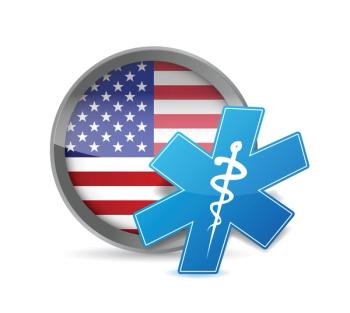
The OIG may very well be signaling its intention to hold boards, or even individual board members, responsible for oversight responsibility for their organizations.

A new rule in Texas aims to expand the use of telemedicine, but it may have the reverse effect for some patients who may need it most.
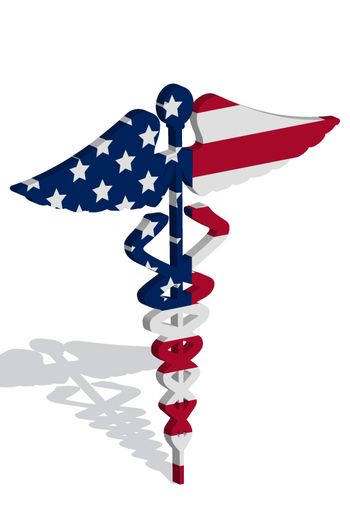
If you have federal health plan patient, you need to pay careful attention to the rules of the Stark Law and the federal Anti-Kickback Statute.

While the concept of physicians disclosing potential wrongdoing might appear valid on paper, it is actually more trouble that it is worth.

Can a Supreme Court ruling on teeth whitening make the case against physician exclusion in narrow networks, exchange plans, etc.? Perhaps.
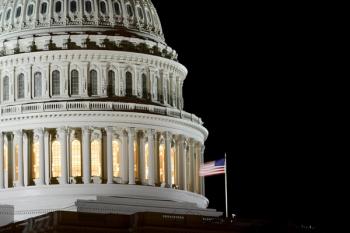
Without a compromise by March 31, physicians treating Medicare patients will face a 21 percent reduction in payments. But there is hope.
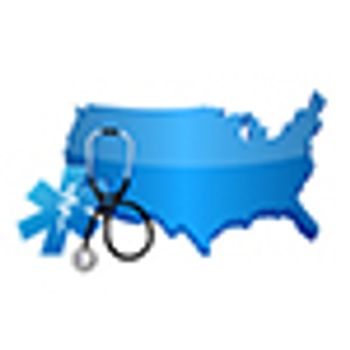
A new ranking of best states for physicians to practice by the AAPS has its limits, but provides interesting food for thought.

Published: July 14th 2013 | Updated:

Published: July 21st 2013 | Updated:

Published: July 28th 2013 | Updated:

Published: August 11th 2013 | Updated:

Published: August 25th 2013 | Updated:

Published: September 8th 2013 | Updated: